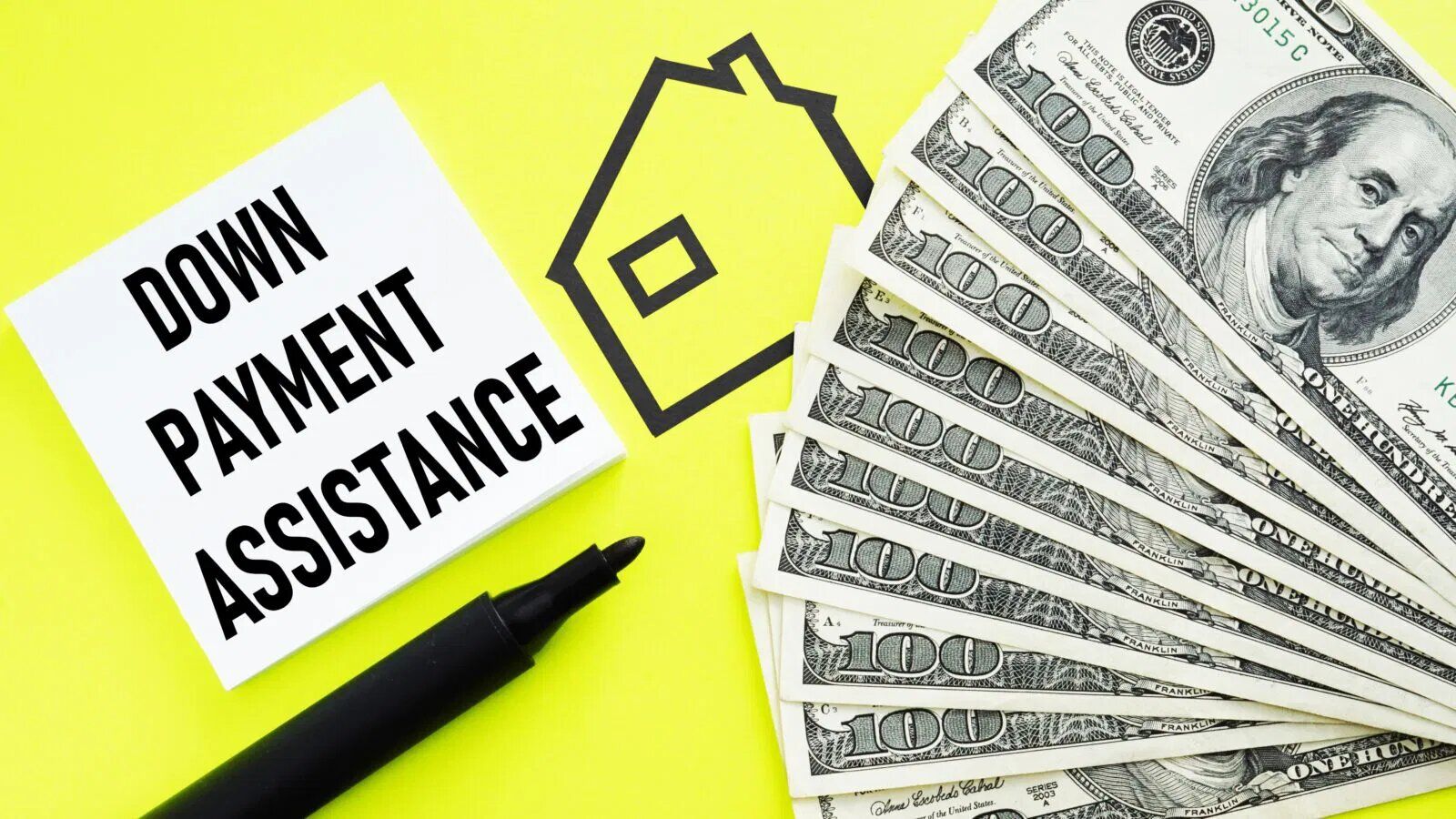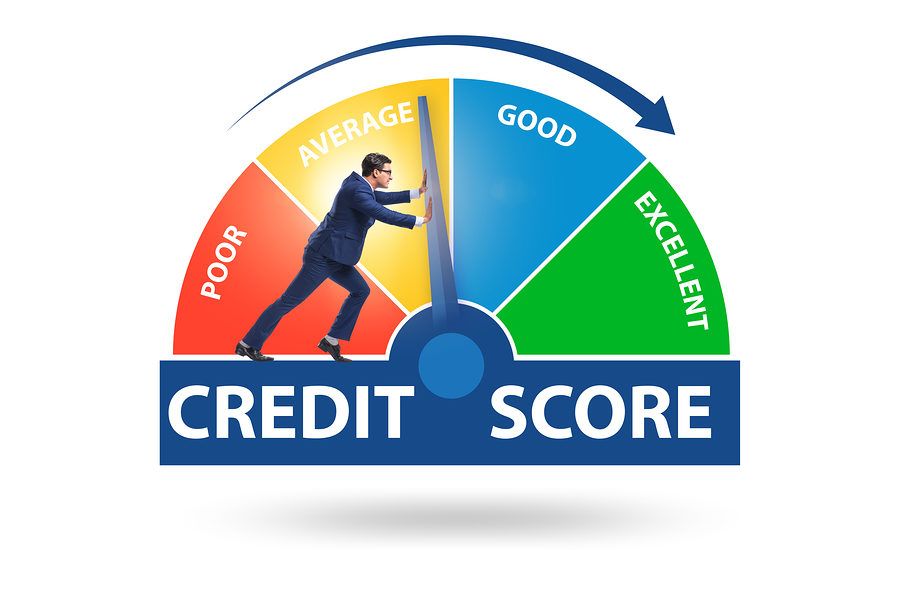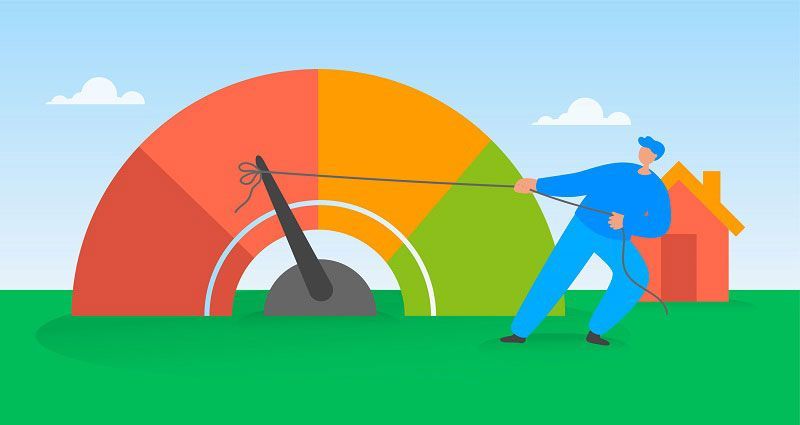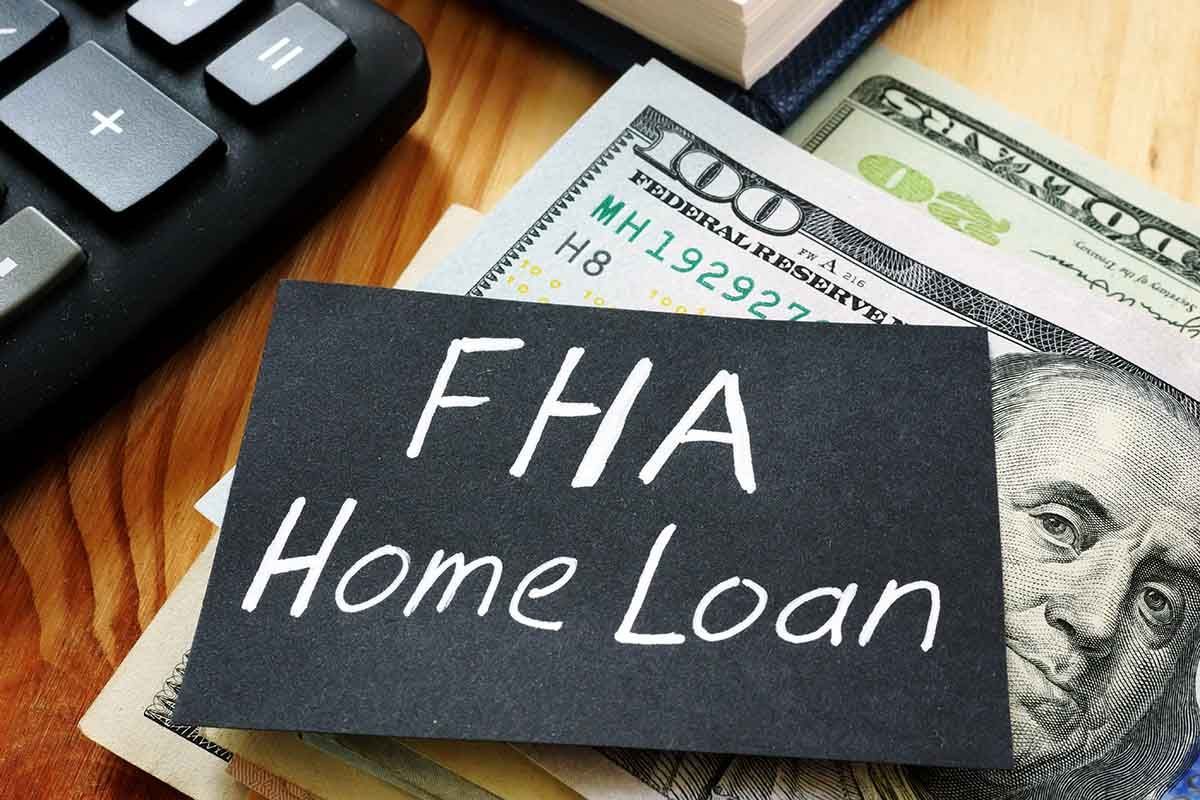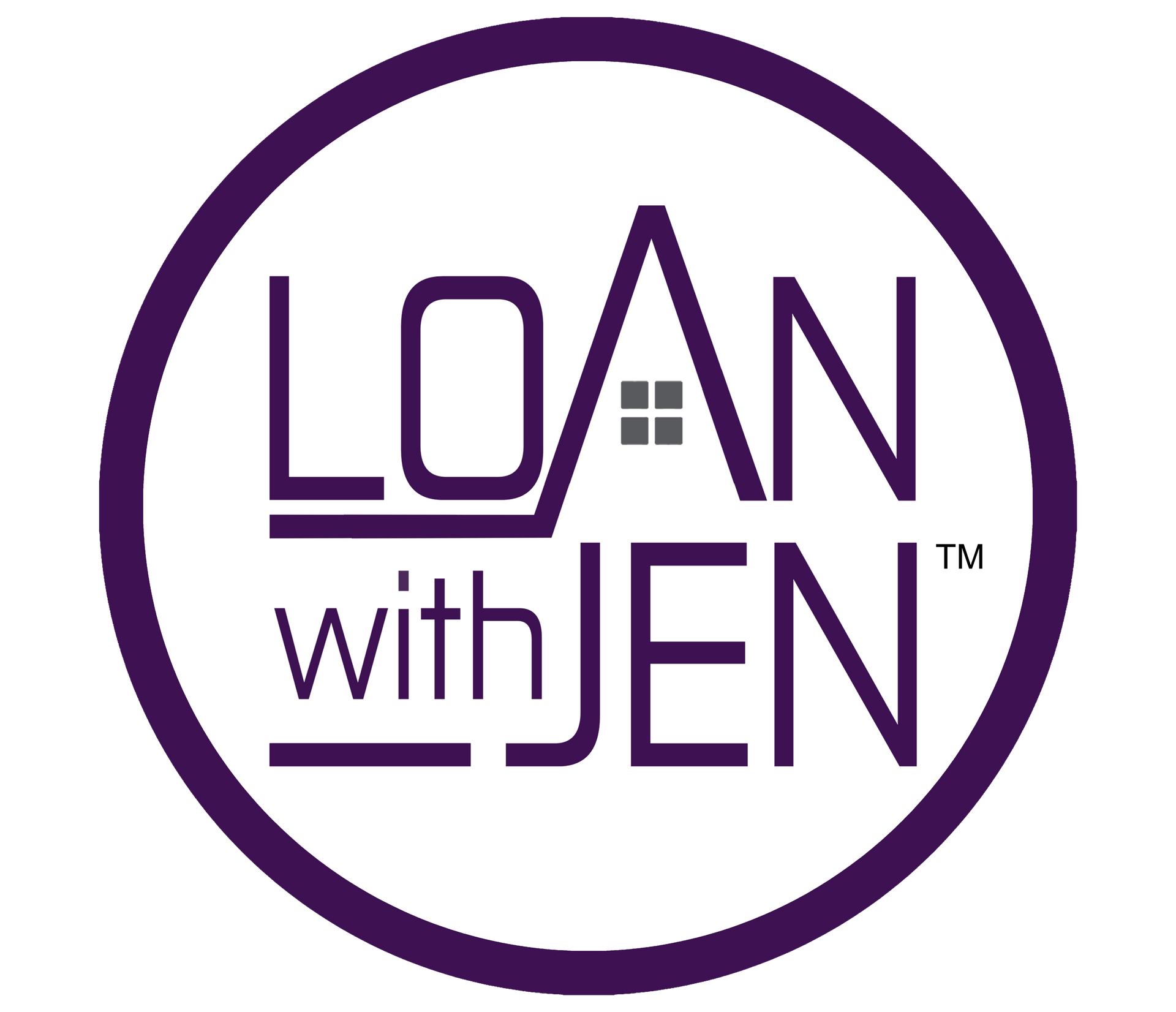We are an Equal Employment/Affirmative Action employer. We do not discriminate in hiring on the basis of sex, gender identity, sexual orientation, race, color, religious creed, national origin, physical or mental disability, protected Veteran status, or any other characteristic protected by federal, state, or local law.
Alternative Loan Options for Unique Situations
When your financial situation doesn't fit the conventional mold, knowing where to go to get help can be challenging. Traditional mortgages often have stringent requirements that can be difficult for many prospective homeowners to meet. Fortunately, non-QM (non-qualified mortgage) loans offer an alternative path to homeownership for those with unique financial circumstances. Let me share with you what non-QM loans are, the different types available, and the pros and cons of each. Whether you're self-employed, a freelancer, or have irregular income, there's likely a non-QM loan that fits your needs.
In this article you will find:
- 6 Options for other loan types
- The Pros and Cons for each of those loan types
- Requirements for each loan type
- How to prepare for a non-traditional loan
Where did Non-QM Loans Come From?
Non-QM loans were introduced after the 2010 mortgage crisis, a period that saw the housing market undergo significant changes. The crisis highlighted the need for stricter lending standards, leading to the creation of the Dodd-Frank Wall Street Reform and Consumer Protection Act. This act established the concept of a "qualified mortgage" (QM), which adheres to specific guidelines designed to protect consumers and reduce the risk of default.
However, not everyone fits into the rigid framework of a QM loan. This gap in the market gave rise to non-QM loans, which offer more flexibility for borrowers with unconventional financial situations.
What is a Non-QM Loan?
A non-QM loan is a type of mortgage that doesn't meet the qualified mortgage guidelines set by the Consumer Financial Protection Bureau (CFPB). These guidelines typically include factors such as a maximum debt-to-income (DTI) ratio, specific documentation requirements, and restrictions on loan features. Non-QM loans, on the other hand, provide an alternative for borrowers who may not qualify for traditional loans due to their income type, credit history, or other factors. While they often come with higher interest rates and stricter requirements, non-QM loans can be a blessing for anyone who struggles to secure financing through conventional means.
Types of Non-QM Loans
There are several types of non-QM loans, each designed to cater to different borrower profiles.
Bank Statement Loans
Who It's For: Self-employed individuals or business owners with irregular income.
How It Works: Instead of relying on traditional income documentation like tax returns, bank statement loans use your bank statements to verify your income. Typically, lenders will look at 12 to 24 months of statements to calculate your average monthly income. This approach can be beneficial for those who have significant business expenses or who don't report all their income on their tax returns.
Requirements:
- Down Payment: Usually 10-20%
- Credit Score: Typically 700+, though some lenders may accept lower scores with higher interest rates
- Employment History: At least two years in business
- Documentation: 12 to 24 months of bank statements, a CPA letter, and other supporting documents
Pros:
- Flexibility in income verification
- Suitable for self-employed individuals
- Can qualify with significant business expenses
Cons:
- More scrutiny on bank statement transactions
Profit and Loss Loans (P&L)
Who It's For: Business owners with complex financials or multiple income sources.
How It Works: A profit and loss loan relies on a CPA-prepared profit and loss statement to demonstrate your income over the past year. This statement can be based on any 12-month period, not just the calendar year. The CPA attests to the accuracy of the statement, providing lenders with a clear picture of your financial health.
Requirements:
- Down Payment: Typically 20%
- Credit Score: Generally 700+, though some lenders may accept lower scores
- Employment History: At least two years in business
- Documentation: CPA-prepared profit and loss statement, supporting financial documents
Pros:
- Flexible income verification
- Suitable for business owners with irregular income
- Can use non-calendar year financials
Cons:
- Involves a CPA, which may add to costs
1099 Loans
Who It's For: Independent contractors, freelancers, or gig economy workers.
How It Works:
1099 loans use your 1099 forms from the past year to verify your income. This approach is ideal for individuals who receive most of their income from one or a few sources but don't have traditional employment documentation.
Requirements:
- Down Payment: Usually 10-20%
- Credit Score: Typically 700+, though some lenders may accept lower scores
- Employment History: At least two years of 1099 income
- Documentation: 1099 forms, supporting financial documents
Pros:
- Flexible income verification
- Suitable for independent contractors
- Lower down payment requirements
Cons:
- Requires consistent 1099 income
- More scrutiny on financial documents
Asset-Based Loans
Who It's For: Individuals with significant liquid assets but irregular income.
How It Works:
Asset-based loans consider your liquid assets, such as stocks, bonds, or savings, as a basis for loan qualification. Lenders apply a formula to determine your eligibility, often reducing the asset value by a percentage to account for market fluctuations.
Requirements:
- Down Payment: Typically 20-30%
- Credit Score: Generally 700+
- Assets: Significant liquid assets
- Documentation: Proof of assets, supporting financial documents
Pros:
- Suitable for individuals with significant assets
- Flexible income verification
- Can qualify with irregular income
Cons:
- Requires significant liquid assets
DSCR Loans (Debt Service Coverage Ratio)
Who It's For: Real estate investors.
How It Works:
DSCR loans are based on the income generated by the investment property. The property's rental income must cover the mortgage payment, including taxes and insurance. This type of loan is ideal for investors who want to leverage their rental income to qualify for financing.
Requirements:
- Down Payment: Typically 20-30%
- Credit Score: Generally 700+
- Property Income: Rental income must cover mortgage payment
- Documentation: Proof of rental income, supporting financial documents
Pros:
- Suitable for real estate investors
- Leverages rental income for loan qualification
- Flexible income verification
Cons:
- Only applicable to investment properties
Hard Money Loans
Who It's For: Investors and individuals with high-risk profiles.
How It Works: Hard money loans are typically short-term loans secured by real estate. They are often used by investors who need quick financing and are willing to pay higher interest rates. These are often used for fix and flip properties. These loans typically come from private lenders or investor groups rather than traditional banks.
Requirements:
- Down Payment: Typically 25% or more
- Credit Score: Generally not as critical, but higher scores may secure better terms
- Property Value: The loan is primarily based on the property's value
- Documentation: Proof of property value, supporting financial documents
Pros:
- Quick approval process
- Flexible qualification criteria
- Suitable for high-risk borrowers
Cons:
- Often Short loan terms
Key Considerations for Non-QM Loans
While non-QM loans offer flexibility, they also come with specific challenges and considerations. Here are some key factors to keep in mind:
Higher Interest Rates
Non-QM loans typically have interest rates that are 1-3% higher than traditional loans. This is due to the increased risk associated with these loans. While this means higher monthly payments, the benefit is gaining access to financing that might otherwise be unavailable.
Down Payments
Expect to put down at least 10%, with many non-QM loans requiring 20% or more. A larger down payment can help secure better terms and lower interest rates, but it also means more upfront cost.
Credit Scores
A credit score of 700 or higher is usually preferred for non-QM loans. However, some lenders may accept lower scores with higher interest rates. Maintaining a good credit score is crucial, as it impacts your loan terms and overall cost.
Reserves
Lenders often require you to have several months' worth of mortgage payments in reserve. This demonstrates your ability to manage the loan and provides a safety net in case of financial difficulties. Reserves typically need to be in liquid assets, such as savings accounts or investments that can be quickly accessed.
Pros and Cons of Non-QM Loans
Pros
- Non-QM loans offer more flexible qualification criteria, making them accessible to a wider range of borrowers.
- These loans accept various forms of documentation, such as bank statements or profit and loss statements, instead of traditional tax returns.
- Non-QM loans provide an opportunity for those with unique financial situations to secure a mortgage.
- They offer creative solutions for borrowers who may not fit the conventional lending mold.
Cons
- Non-QM loans often come with higher interest rates and down payment requirements, increasing the overall cost of borrowing.
- These loans can be more complex to navigate, requiring detailed documentation and sometimes involving additional professionals like CPAs.
- Higher interest rates and larger down payments increase the financial risk for borrowers.
Preparing for a Non-QM Loan
If you're considering a non-QM loan, preparation is key. Here are some steps to help you get ready:
Improve Your Credit Score: Aim for a credit score of 700 or higher. Check your credit report for errors and work on paying down existing debts.- Organize Your Financial Documents: Gather all necessary documentation, such as bank statements, 1099 forms, or profit and loss statements. Ensure your records are clean and well-organized.
- Save for a Down Payment: Be prepared to make a larger down payment, typically 10-20% or more. The more you can put down, the better your loan terms will be.
- Build Reserves: Have several months' worth of mortgage payments, taxes and insurance in reserve. This demonstrates your financial stability and provides the necessary cushion in case of emergencies.
- Consult a Professional: Work with a mortgage broker or financial advisor who understands non-QM loans. They can help you find the best loan for your situation.
Non-QM Loans FAQs:
- Are non-QM loans safe? While non-QM loans are designed to provide financing options for those with unique financial situations, they come with higher costs and risks. It's essential to understand the terms and work with a reputable lender to ensure you're making a safe and informed decision.
- Can I refinance a non-QM loan? Yes, you can refinance a non-QM loan. Once your financial situation improves, I recommend doing this as soon as possible. Refinancing can help you secure better terms and lower interest rates with a Qm or Traditional type loan.
- What types of properties can I buy with a non-QM loan? Non-QM loans can be used to purchase primary residences, second homes, and investment properties. Specific loan terms and requirements will vary depending on the property type.
- How long does it take to get approved for a non-QM loan? The approval process for a non-QM loan is generally faster than traditional loans. Many non-QM loans can be approved within a few weeks, depending on the lender and the complexity of your financial situation.
